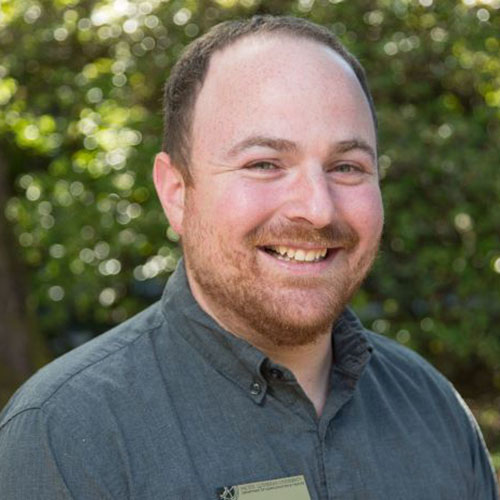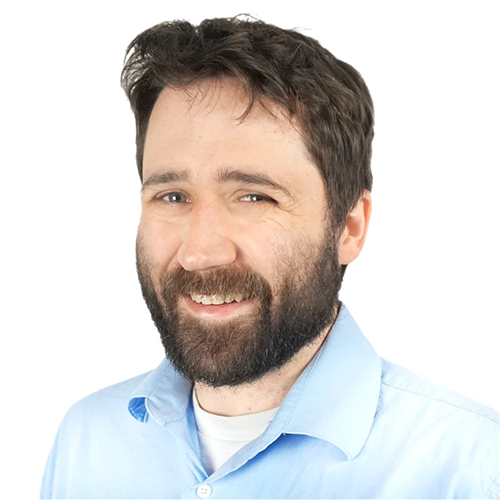3:35 - 4:25 p.m., Wednesday, September 17, 2025
TO WATCH RECORDING: CLICK TITLE, THEN CLICK THE 'attend virtual session' BOX
Click here to attend virtual session
Self-Censorship in a Polarized Nation
CLICK THE BOX ABOVE TO WATCH THE RECORDING OF THIS VIRTUAL SESSION
According to a 2020 study by St. Louis Washington University, approximately 40% of Americans have chosen to keep their opinions to themselves rather than share their thoughts. A wide-ranging survey of faculty conducted from December 2023 to February 2024 noted that faculty are increasingly self-censoring due to concerns about causing controversy (Quinn, 2025). The impact of silence can be profound. Constant self-censorship can lead to stress, anxiety and stagnate academic and social progress. What factors are contributing to self-censorship among individuals, especially in academic and public settings? How can technology and social media be leveraged to help create more resilient individuals and communities?
Panel Host: Daezia Smith Q&A Moderator: Dr. Sara H. Holifield
Presenters


Derrick McEachern
Owner | Canadian Certified Counsellor
Five Star Wellbeing Counseling and Mental Health
